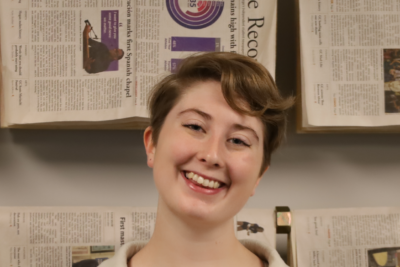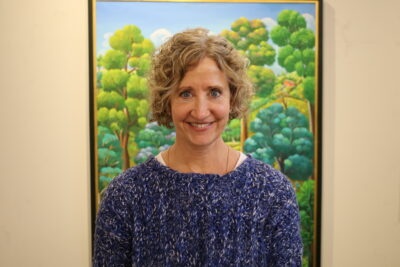This past weekend, I had the opportunity to participate in a poetry workshop with guest poet Tiana Clark. Clark opened the workshop with a quote from Caribbean-American poet June Jordan which begins, “Poetry is a political act because it involves telling the truth.”
I agree completely. All art, not just poetry, is political by nature.Art reflects the world back onto those who live in it. We, as humans, use artistic platforms to tell our versions of the truth, whether that means absolute truth or personal truth. In doing so, we inherently take sides.
While someone can be more moderate or more radical on any given issue, there is no such thing as not having an opinion on something. We are human. We have experiences that shape biases and these biases shape our opinions. It is impossible to create anything that is completely detached from this.
Creative outlets are used to respond to the things happening around us, whether overtly or implicitly. We have to learn to accept this and then work to thrive off of it. There is no use in being scared of sharing your truth. Embrace the political.
Clark, in the poetry workshop, mentioned that she has a handful of subjects that she repeatedly covers as a poet, whether she means to or not. I realized that I do this as well.
As a writer, I express myself and my opinions through words on a page. The fact of the matter is that whether it is poetry, prose or even an article for the paper, there are subjects that I am continually drawn to. For me, these subjects include, among other things, mental health, women’s rights and home.
These topics represent cornerstones of my personal truth. Instead of shying away from them, I need to lean into them and the reasoning for why they keep coming up.
In creating, find the subjects that cut deep. We all have those things that we seem to come back to again and again, even if we try to run away from them. As Clark asked participants of the poetry workshop, what happens when you stop running away from what haunts you and instead turn around to confront it?
This concept doesn’t just apply to art, but to anything that involves telling a story. Senior Clinton Stroble, during Monday’s Martin Luther King Jr. Day convocation, said, “Think critically about your truth. In that criticism, find your voice.” Use your truth to create and share something perfectly poignant.
Speak out. Don’t be afraid to say something risky. Be controversial. Without those disruptive voices, nothing would ever change. And as Clark said in last weekend’s workshop, “No one can argue with your own story.”




